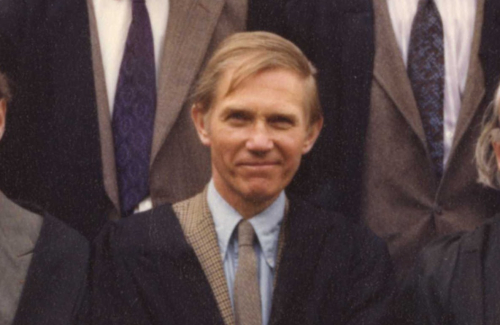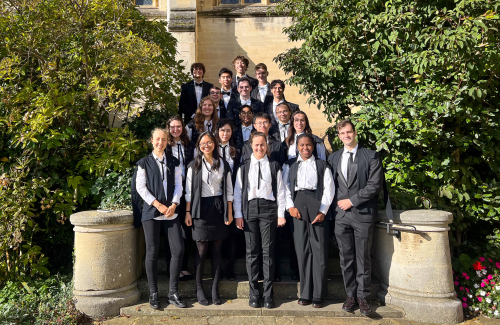More Pembroke news
400 Years On: Recreating the Pembroke College Foundation Ceremony
NEWS |
On 6th August, 1624, Pembroke College was officially opened as the newest constituent college of the University of Oxford. Up until this point, the site of the new college had been home to Broadgates, a medieval Hall which specialised in law. But the seventeenth century was a turbulent time for the University, as these poorly funded Halls began to be phased out in favour of the larger, wealthier Colleges which were appearing around the city. Broadgates, it was feared, may face a similar fate.
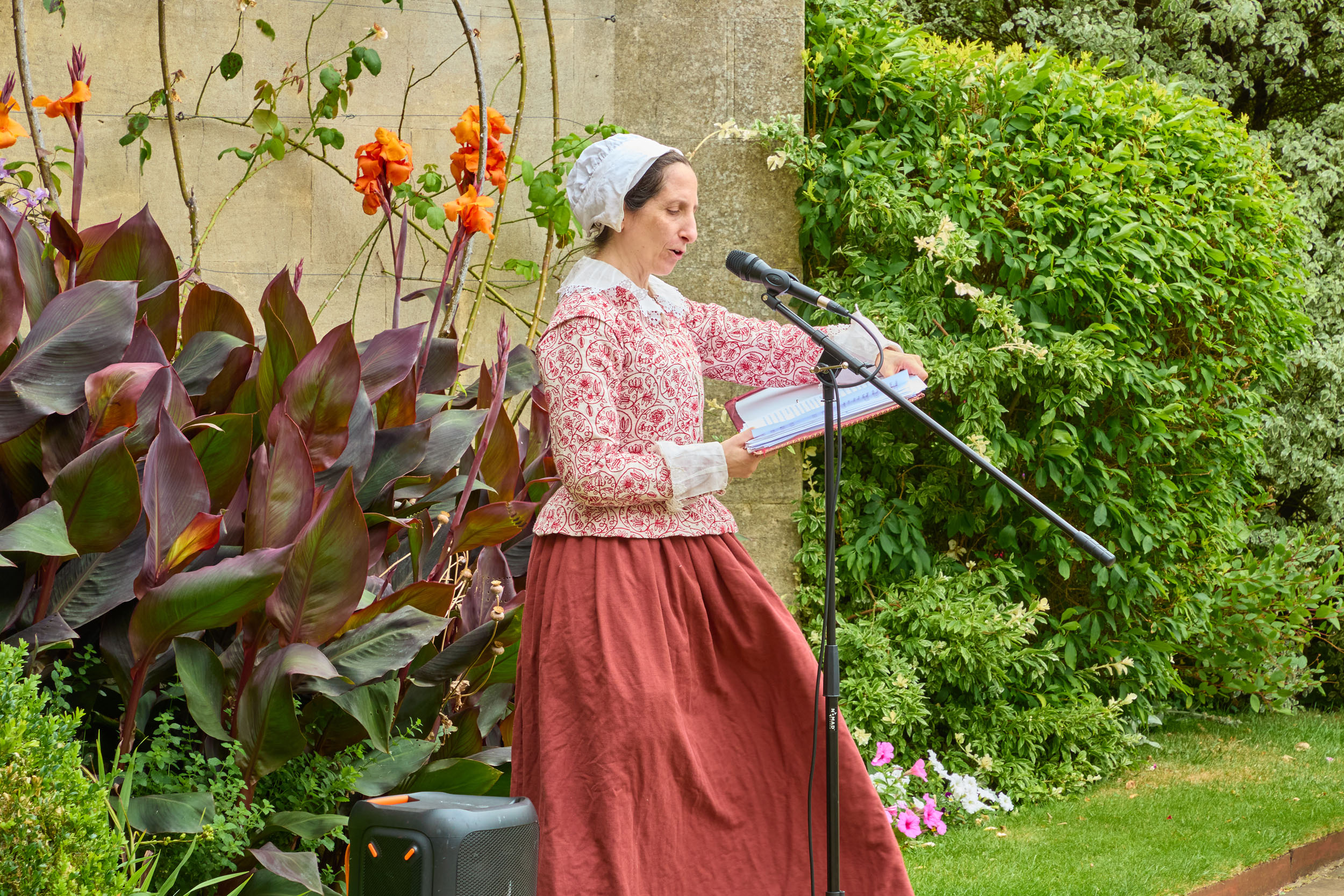
But in 1610, a merchant from Abingdon named Thomas Tesdale left money in his will to send 13 scholars to Oxford – an unexpectedly significant legacy that would go on to enable far more than just 13 scholars to attend the University. With the aid of Richard Wightwick, a clergyman from Berkshire, the fund was augmented, and was instead put towards the foundation of a new college out of Broadgates Hall. And so, fourteen years on from Tesdale’s passing, Pembroke was born, named after William Herbert, Earl of Pembroke, who was Chancellor of the University at the time. On 29th June, 1624, it received its Royal Charter, officially declaring it a College.
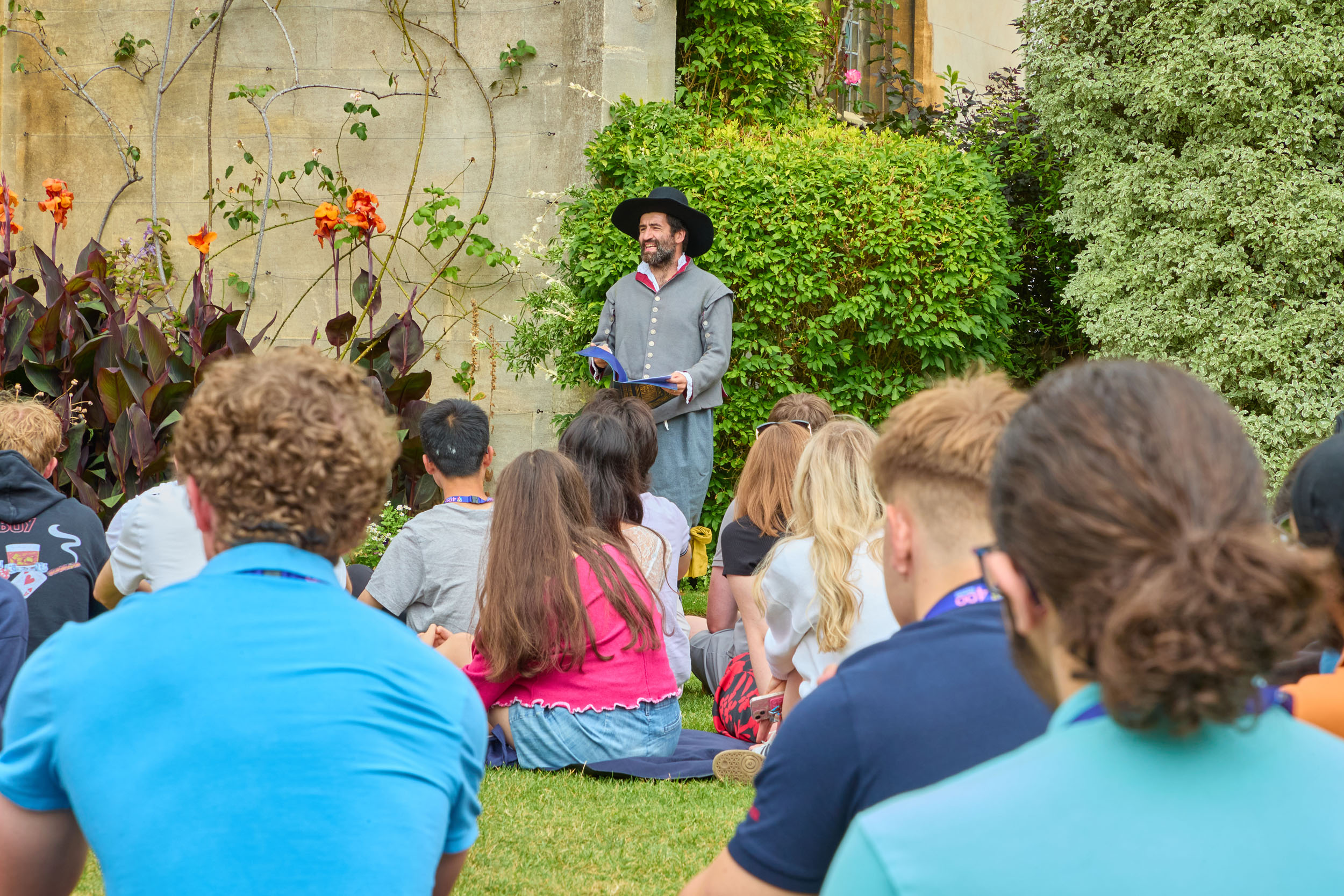
Just over a month later, members of the former Broadgates Hall and those involved in founding the new college gathered to formally open Pembroke College, Oxford. A scholar named Thomas Browne addressed the crowd, declaring that Broadgates was not dead, but had been taken under the protection of a patron who would convert it from a “Hall of Brick” into a “College of Marble”. Certainly an impressive reputation to bestow on a newly-fledged college, but one we hope we have lived up to over the years.
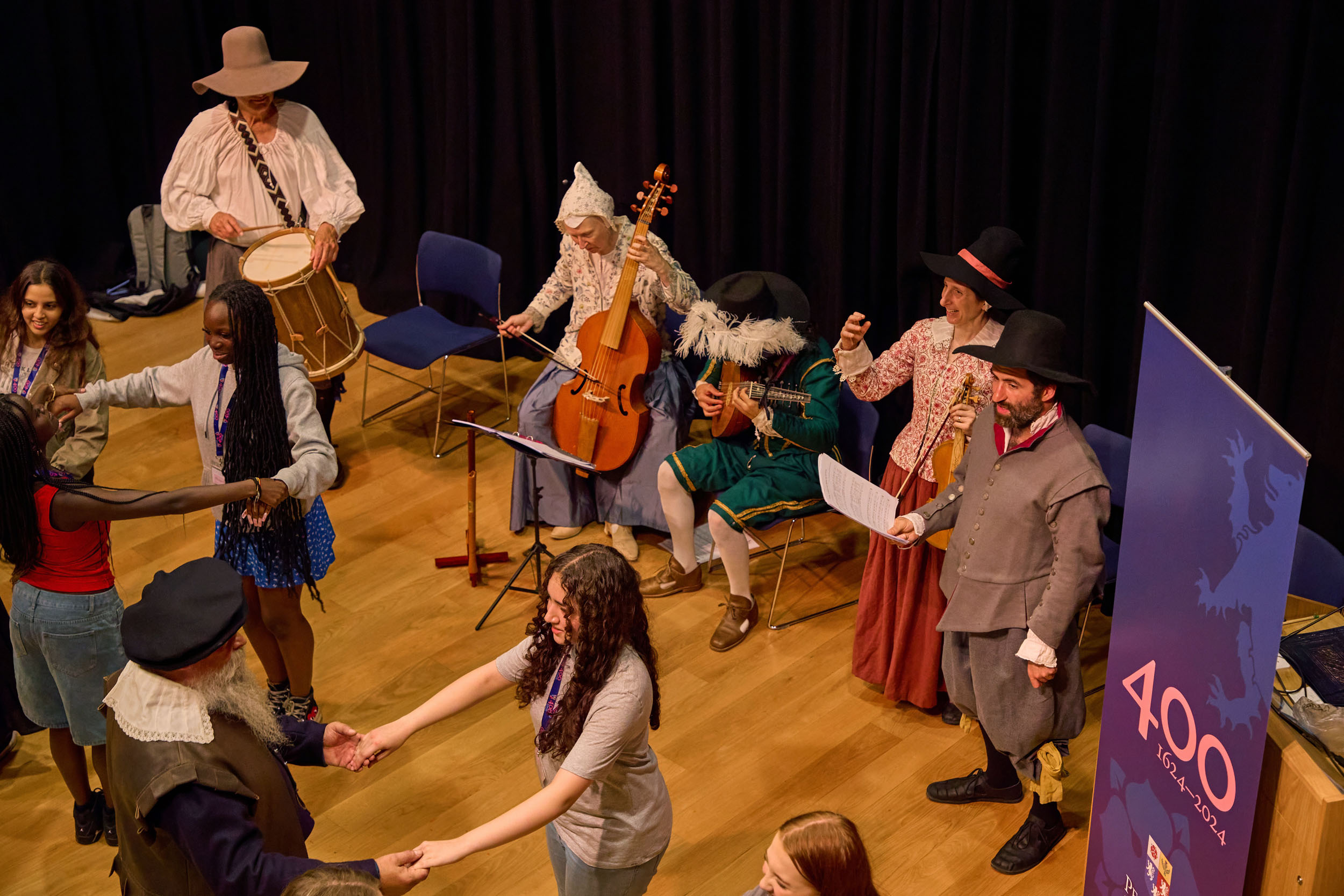
400 years on from this iconic remark, Browne’s speech was recreated for a crowd of Year 12 students on an Access Week residential as part of OxNet, our dedicated higher-education access programme. Though our idea of access to Oxford may look different to Thomas Tesdale’s, it seemed fitting that a College founded on the benefaction of a man who wanted to help more students attend Oxford should celebrate its foundation in the midst of its present-day commitment to access and outreach. Musical group Passamezzo, who specialise in seventeenth-century music and dance, returned to Pembroke to re-enact the speech in full period dress, with one performer speaking the original Latin while another translated it to English.
After the speech, rounding off this dip into our foundation year, Access Week participants were given the opportunity to try out some seventeenth-century dance themselves, as well as enjoy a historically anachronistic 400-branded cupcake.
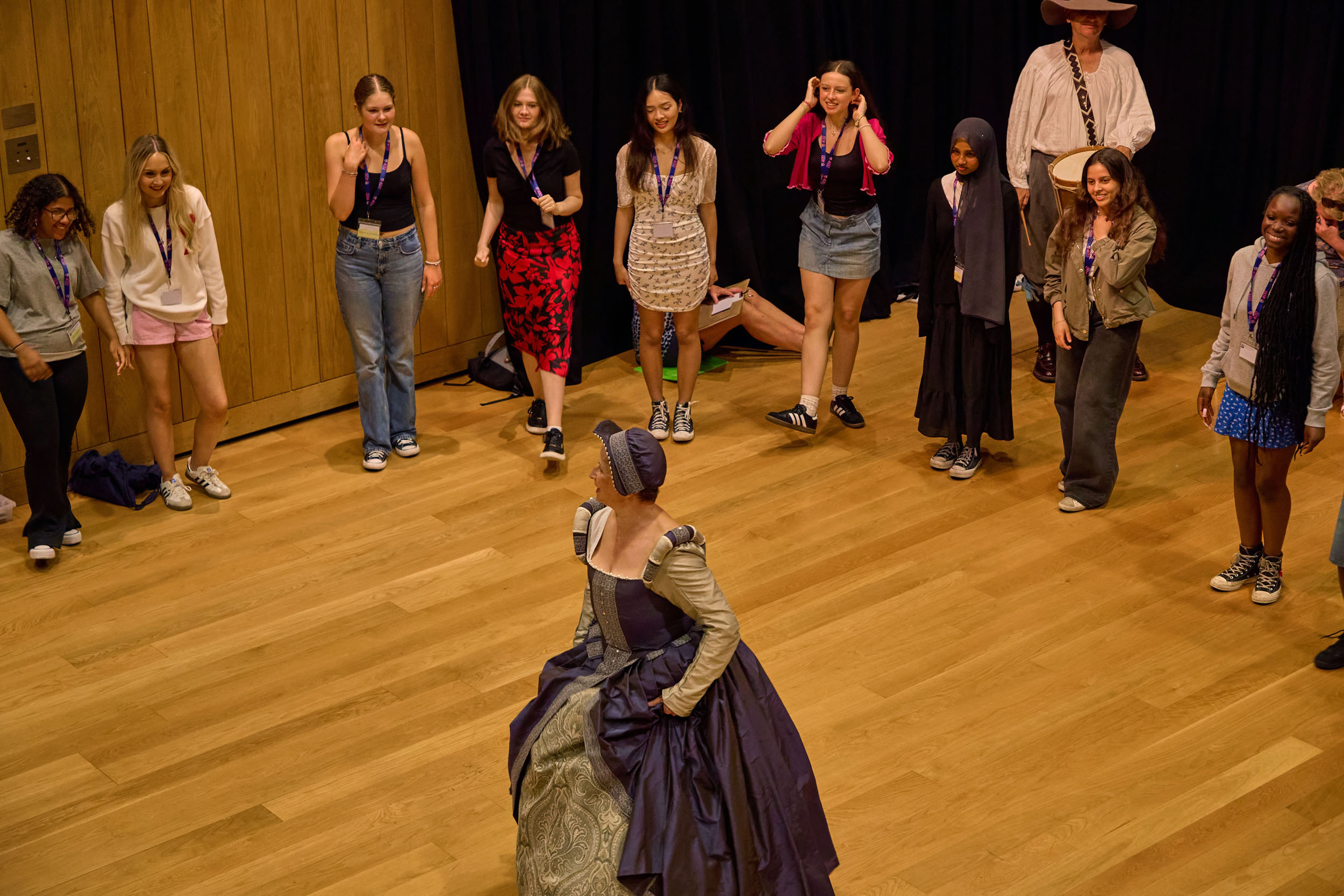
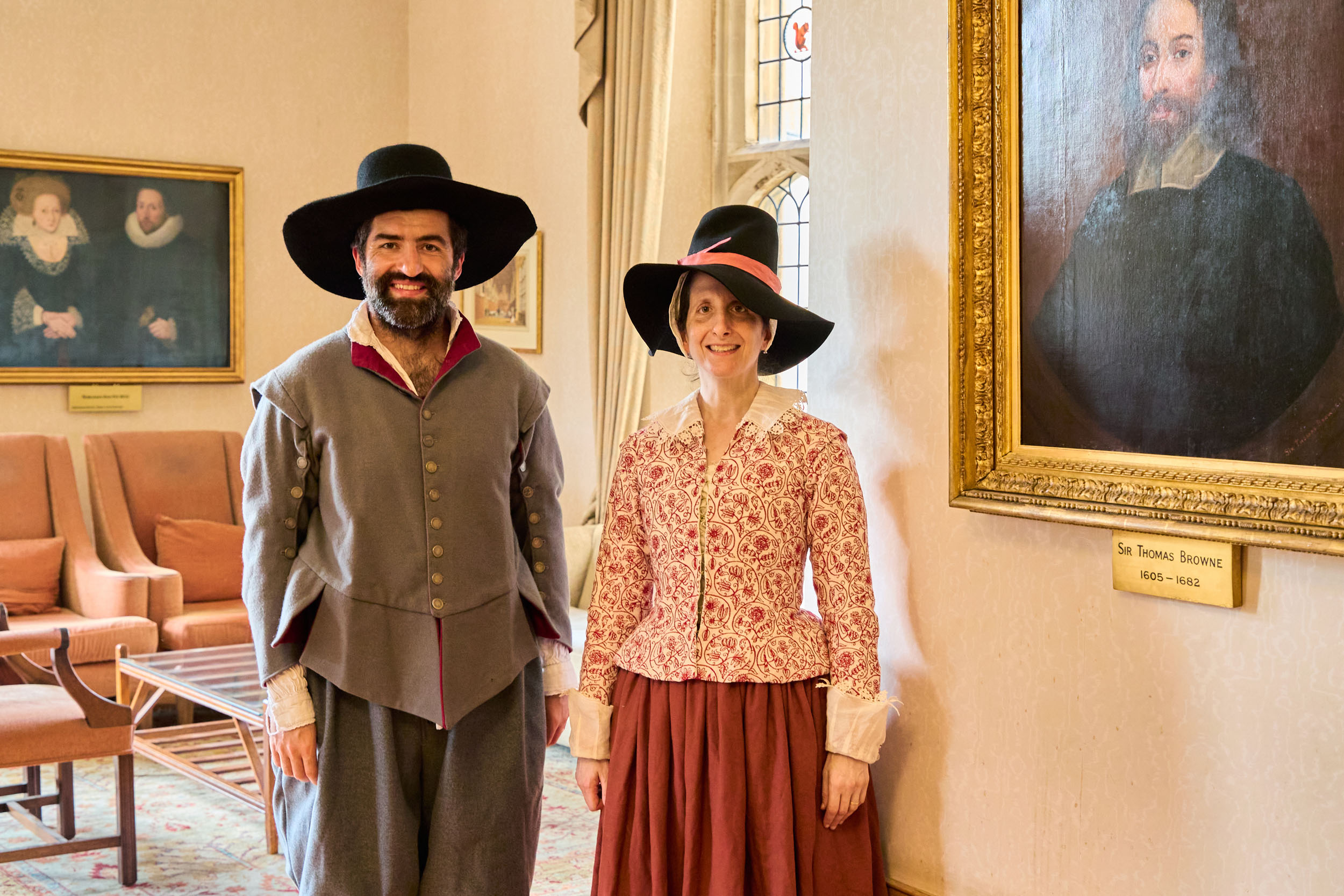
Photos and video by Phil Sills @ oxevents-stillsandvideo.co.uk
